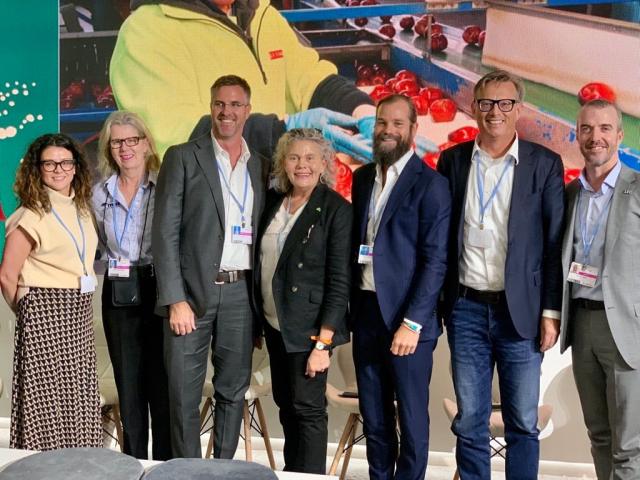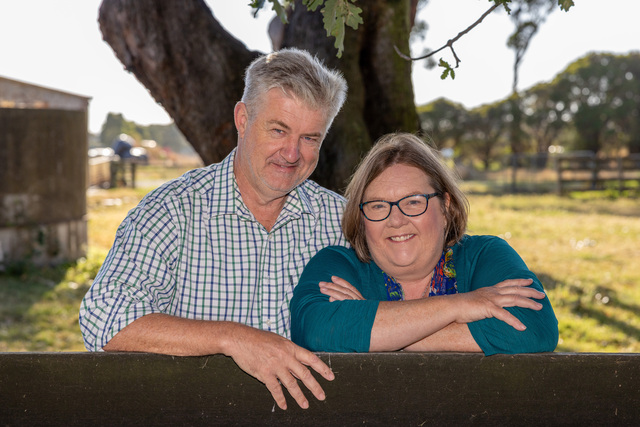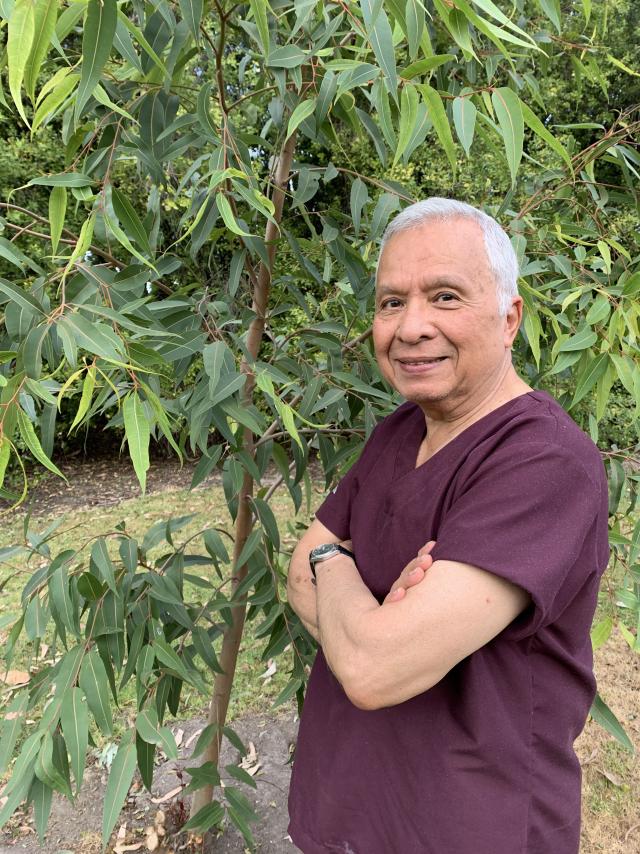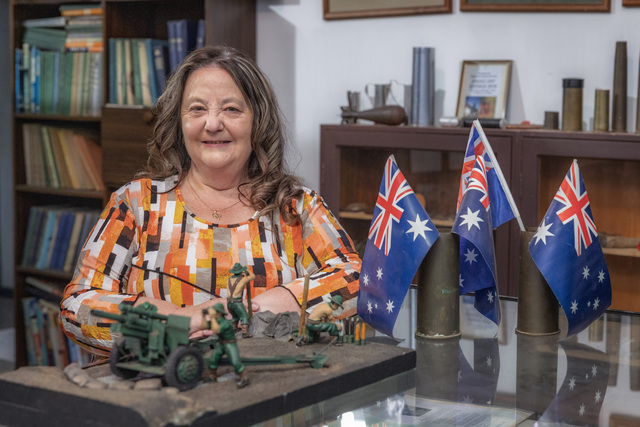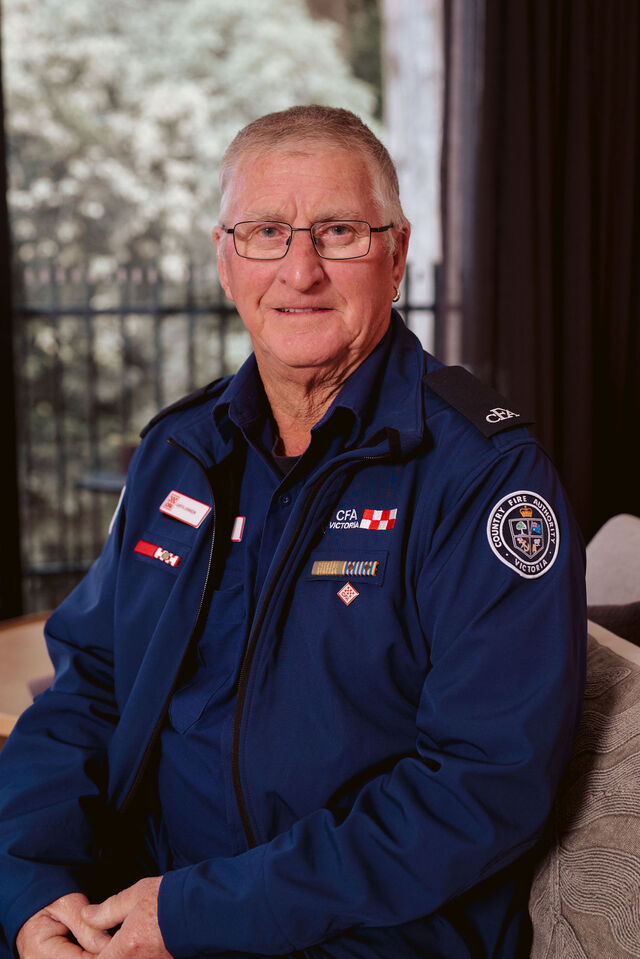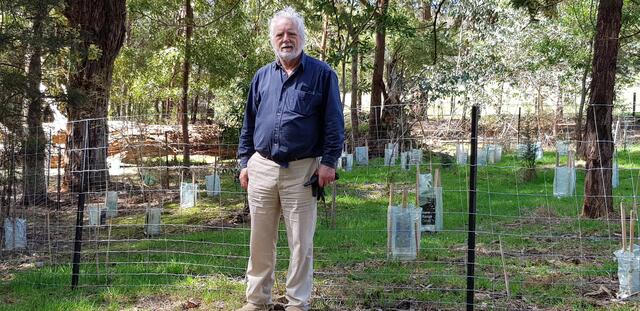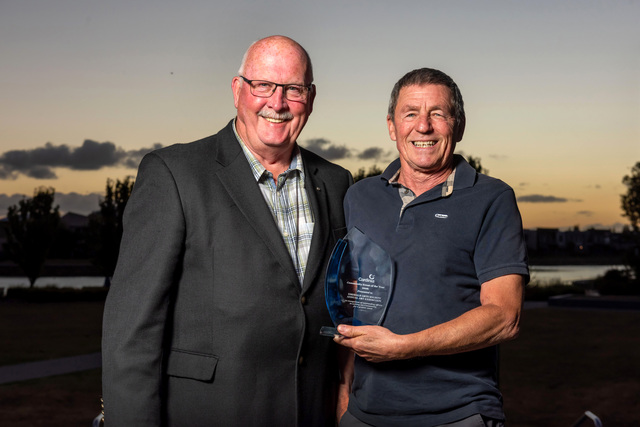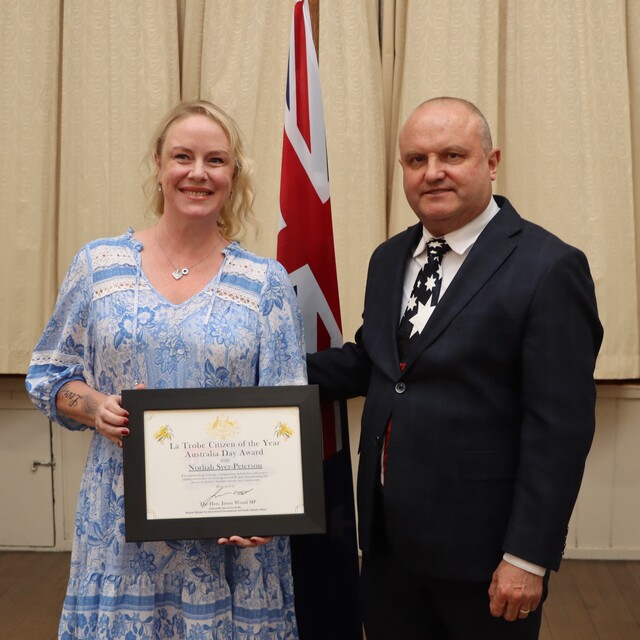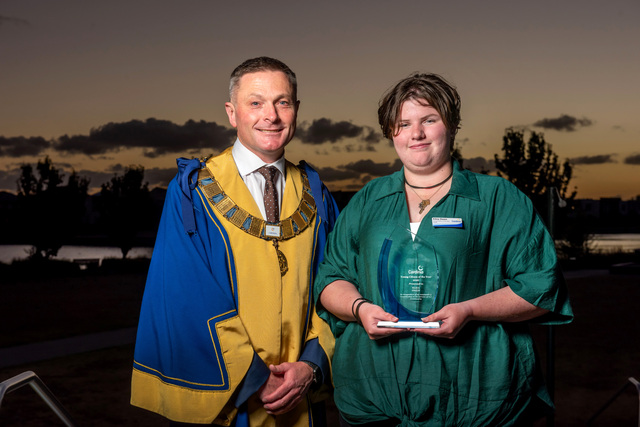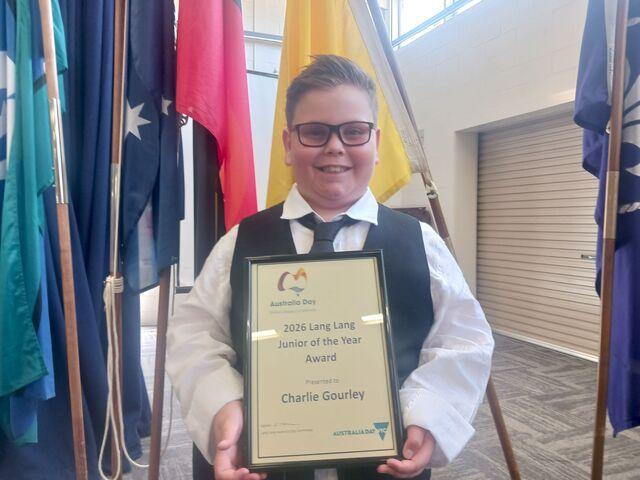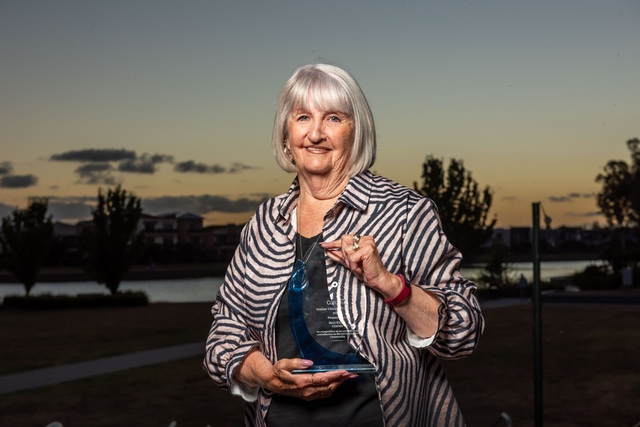World leaders and policy makers met at the 2022 Conference of the Parties of the UNFCCC summit, commonly known as COP27, in Sharm El-Sheikh, Egypt, in November.
At the conference, Meat & Livestock Australia (MLA) supported the Australian Government, National Farmers Federation (NFF) and Australian Forest Products Association (AUSFPA) as part of the Australia side event delegation to profile Australian agriculture’s commitment and progress in climate mitigation.
Representing MLA at COP27 was Sam Gill, regional manager – Middle East and North Africa and Edwina Clowes, manager – sustainability frameworks and stakeholders.
Joining the Australian Government’s Decarbonisation panel presentation on Friday November 11 and the Agriculture Day panel presentation on November 12, Sam Gill highlighted the Australian red meat and livestock industry’s Carbon Neutrality by 2030 target (CN30), the roadmap to meet that commitment and industry’s significant progress to date.
Since 2005, the Australian red meat and livestock industry has reduced net emissions by almost 60 percent and halved its contribution to national greenhouse gas (GHG) emissions.
This represents the greatest reduction by any sector in Australia’s economy. According to Sam Gill, this was a critically important story for the industry to be telling at COP27.
“While the Australian red meat and livestock industries have made great strides compared to similar industries overseas, it was highly beneficial to share our expertise with our international colleagues,” Mr Gill said.
“Greater attention around food security, food systems, food production and agriculture was evident at COP27 compared to previous forums which was encouraging to see.
“Farmers right around the world need to be engaged early in government and policy discussions when it comes to the overall climate solution.
“COP27 was an excellent opportunity to showcase the scientific innovation done by the Australian red meat and livestock industry towards CN30. We are looking forward in continuing these conversations in market here in the Middle East and North Africa, as well as all around the world,” Mr Gill said.
Edwina Clowes noted the importance of the conference in connecting with international colleagues in working towards CN30.
“It was extremely beneficial to meet with groups like the International Meat Secretariat, the World Farmers Organisation and representatives from numerous country farmer organisations, who are all committed to strong global agriculture and farmer presence at subsequent forums,” Ms Clowes said.

